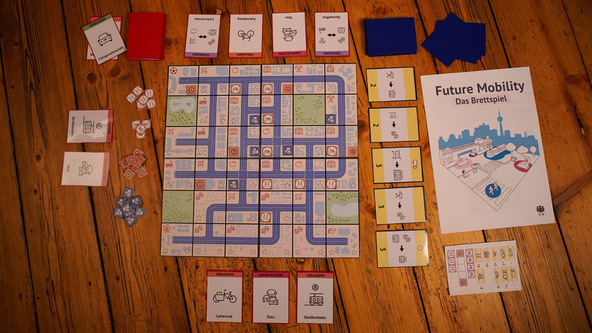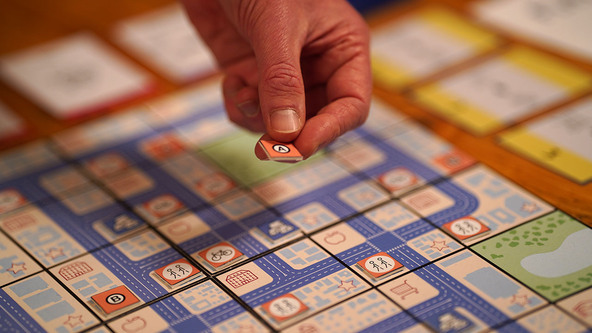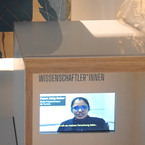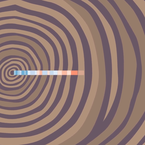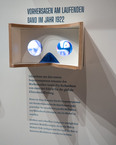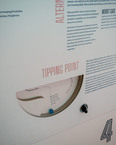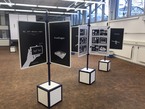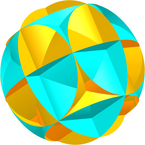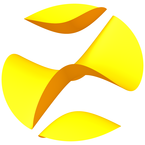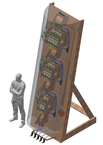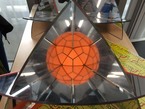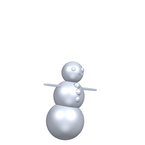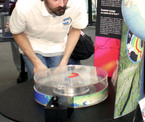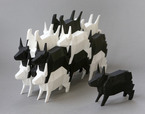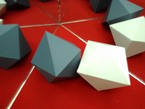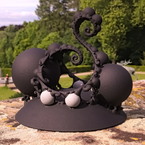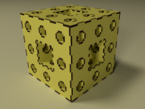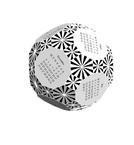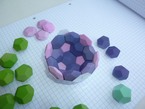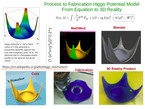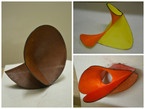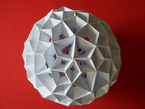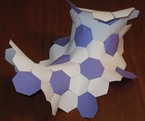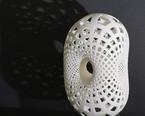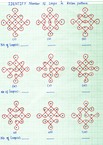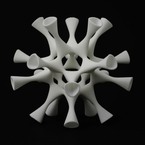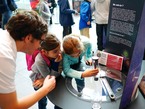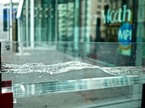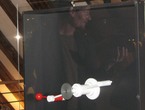Future Mobility - The Board Game
hands-on
Licence
Credits
“Future Mobility - The Board Game” is for 3-4 players aged 8 and older, made to be printed by yourself. Players move through their city applying concepts of real urban planning, such as the Avoid - Shift - Improve model.
The objective of the game is to be the first to reach 50 points. Points are awarded by completing trips through the city. Trips award more points when they are completed through cleaner or more efficient modes of transportation, or when they are avoided entirely by removing the need to make them. Draw five trip cards from the top of the trip deck and place them face up in front of everyone. Deal each player two power-up cards and select the player who will go first randomly.
In your turn, you first draw a card from the power-up deck. Then you can play any number of power-up cards from your hand. Now, you choose which trip to make by taking one (or more) of the trip cards that are face-up on the table. You then announce your trip to other players, who might choose to play a complication card at this point. You receive points for your trip/s and optional bonus points for using power-ups!
There are power-up cards related to the Avoid, Shift and Improve concepts. With the Avoid cards as work from home, dense city, or delivery you can discard trip cards without making the trips. With the Shift cards, you can permanently improve the city’s infrastructure, and build tram stops, bike or footpaths. Electric vehicles and cargo bikes improve resource efficiency on trips.
Please download the printable files. You will find the game instructions, the game board, the trip and power-up cards, markers, and also a quick reference. The game board consists of 4 parts, each printed on one Din-A4 page. Cut out all the cards and markers and read through the game instructions.

